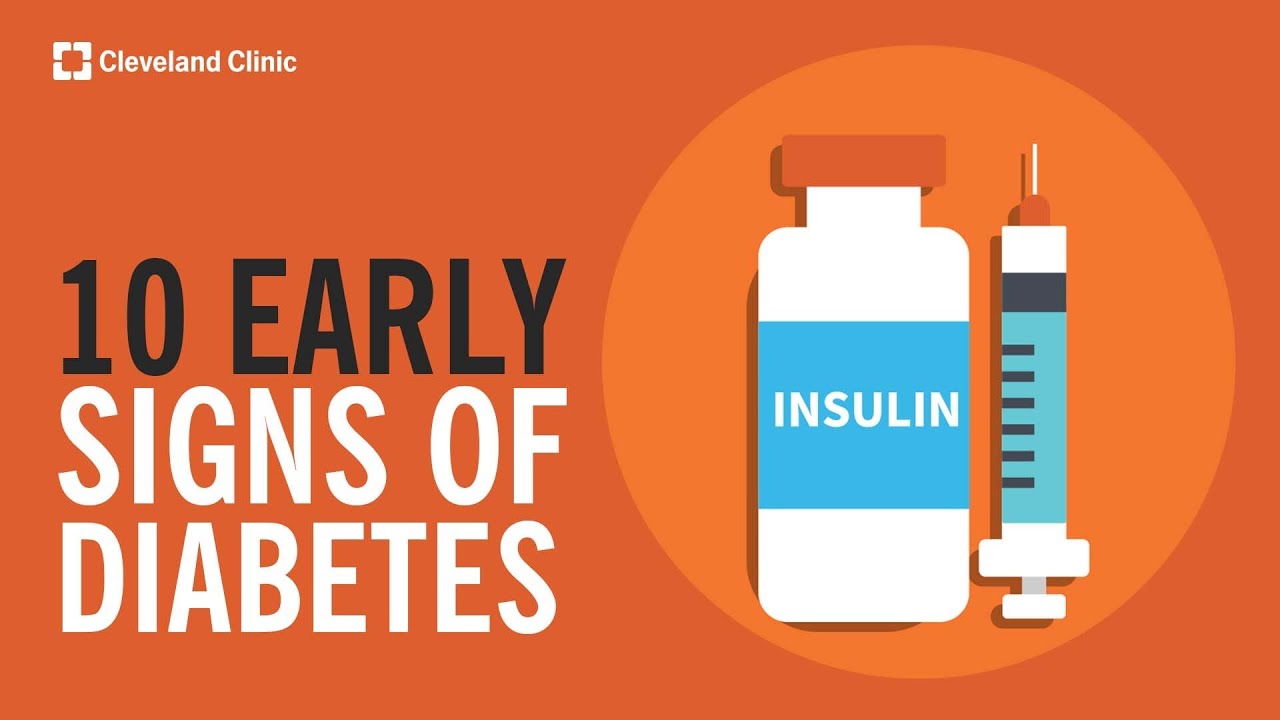Fenofibrate not cardioprotective in diabetics
Reuters Health • The Doctor's Channel Daily Newscast
Prior research has suggested that fibrate therapy can have beneficial cardiovascular effects. However, in the main analysis of the Fenofibrate Intervention and Event Lowering in Diabetes (FIELD) study, researchers found that treatment with fenofibrate did not reduce coronary events in type 2 diabetics.
The focus of the present FIELD substudy was to determine if fenofibrate therapy reduced surrogate markers of atherosclerosis, inflammation biomarkers, and endothelial activation in patients with type 2 diabetes. Included were 170 patients randomized to micronized fenofibrate 200 mg/day or placebo for 5 years.
Dr. Anne Hiukka at the University of Helsinki, Finland and colleagues report that carotid intima-media thickness and the augmentation index, an indicator of large artery stiffness, increased to a similar extent in both groups. Likewise, there were no significant differences between the groups in several inflammatory biomarkers, including C-reactive protein and interleukin-6, or in endothelial activation.
In a related editorial, Dr. Evan A. Stein, from the Metabolic and Atherosclerosis Research Center, Cincinnati, Ohio, comments that the results from this substudy, combined with main FIELD findings, suggest that fenofibrate treatment offers little cardiovascular benefit to diabetic patients.
Reference:
J Am Coll Cardiol 2008.








